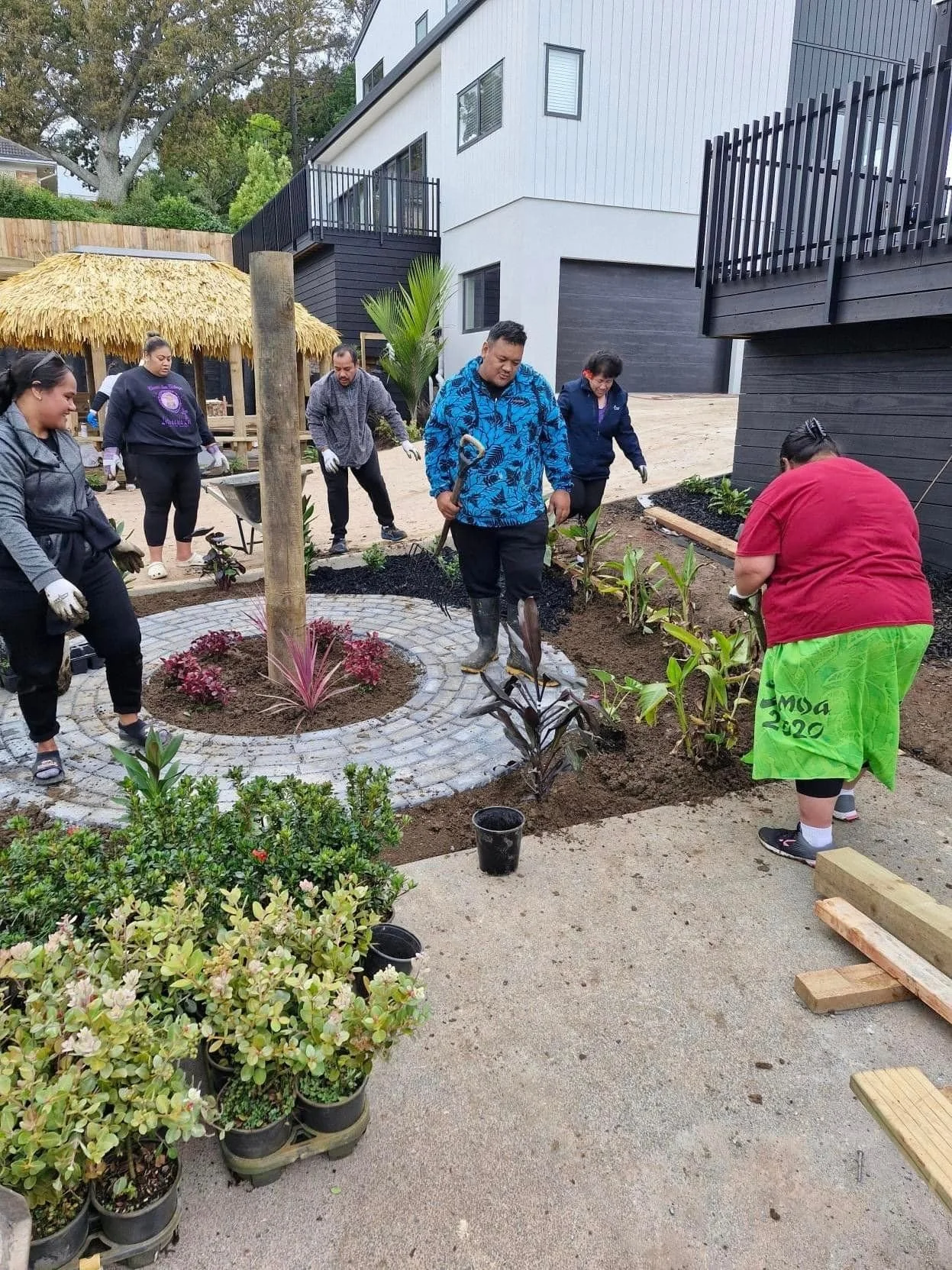Pasifika and the homeownership dream
Often, you will hear Pacific peoples who have immigrated to Aotearoa New Zealand share either their dream, or their ancestors’ vision of owning a home in the “land of milk and honey”.
Like so many New Zealanders, Pacific peoples share the same enduring dream of homeownership, as it brings stability for the present and security for the future.
While Stats NZ research shows the growing Pacific population in Aotearoa shares these same aspirations of homeownership as other New Zealanders, it also highlights the particular challenges Pacific peoples have in achieving this dream.
For the nearly 400,000 people living in Aotearoa who identify as being Pacific, homeownership simply feels out of reach and unachievable.
Research suggests understanding how age, family, and household structures differ for Pacific peoples, and helps to address housing needs.
The Pacific population is young, with a median age of 23 years compared to 37 for the total New Zealand population, and Pacific peoples are an increasing integral part of the country’s future, across all aspects – economic, social and cultural.
Living “as a village”, is common for aiga, and in 2018, 275,000 Pacific peoples lived in a family, with around one-third (89,500) living in an extended family.
Over half of Pacific peoples lived in a household with five or more people compared with almost one-fifth of the total population.
Multi-generational living can be a key component in helping children learn their mother-tongue and cultural identity.
Knowing one’s culture and language and living with aiga contributes to Pacific wellbeing.
Meanwhile, in the past three decades, home ownership rates have fallen for Pacific peoples as well as for all Aotearoa New Zealand households.
On average, Pacific peoples rated the affordability of their homes lower than the total population and were more likely to say their house or flat was very unaffordable.
Pacific peoples tend to live in urban areas where housing is expensive to own and rent, and over half of Pacific peoples lived in homes with at least one housing problem (for example, cold, mould, dampness) compared with 32 percent of the total population.
In the current housing market, large dwellings are limited, particularly for rented dwellings and Pacific peoples are the group more likely to rent than the total population.
Pacific peoples experience severe housing deprivation at a greater rate than the total population.
The homelessness prevalence rate for Pacific peoples was 578 people per 10,000 compared with 217 people per 10,000 people for the total population.
These statistics are worrisome, and it has created an urgency to support this young, growing Pacific population woven into the fabric of Aotearoa New Zealand with housing solutions, options and opportunities.
Offering some reassurance is the likes of the Penina Trust, who recently opened five homes in Auckland's Papakura, designed for multi-generational living, with edible gardens, areas for children to play and a fale.
Families pitch in to create the garden spaces at the Papakura site. PENINA TRUST FACEBOOK PAGE.
This social housing development is the first of its kind, designed with Pacific lifestyles in mind.
The site is made up of two six-bedroom homes and three four-bedrooms, the design includes a bathtub to accommodate children and older residents, along with large kitchens and enough space for children to play on the deck.
Two of the homes are made for people with disabilities, including ramps and wide hallways.
The Penina Trust says traditionally, many aiga are fearful of putting how many people will live in a home, which then creates an issue around finding suitable housing.
As a place where culture, language, and community are strengthened, housing is of key importance to the health and wellbeing of Pacific peoples.
Research shows home ownership is associated with important aspects of wellbeing, such as life satisfaction.
Yet, major housing problems disproportionately affect Pacific peoples who do not have enough, or have only just enough, money to meet their everyday needs, compared to the total population who do not have enough, or only just enough money.
Housing in New Zealand often does not meet Pacific peoples’ cultural needs, resulting in inequitable access to adequate housing.
The Coalition to End Women’s Homelessness advocates for all people who call New Zealand home to have a warm, safe place to call home.
In Aotearoa New Zealand, we must do better.
Our Pacific peoples not only have a right to, but also a need for better housing solutions – including housing that is warm and dry but also allows for the expression and maintenance of culture.

